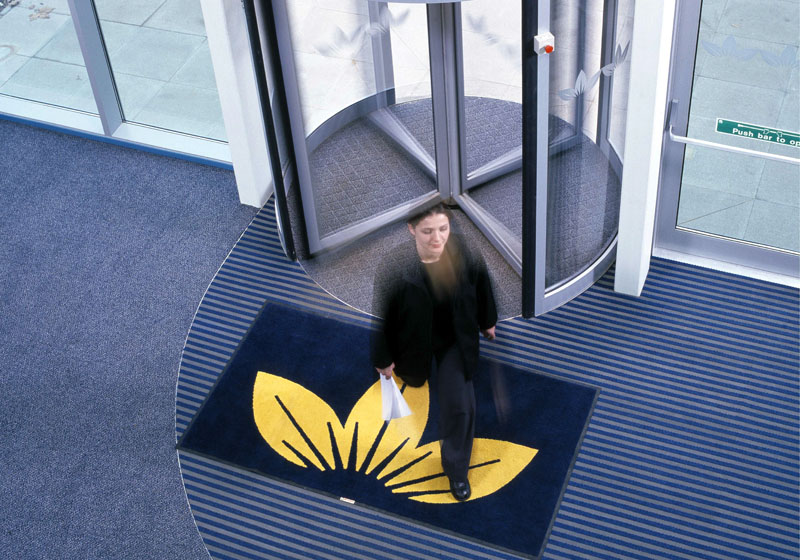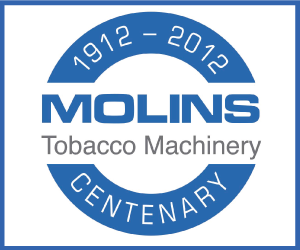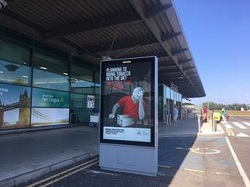The Campaign for Tobacco-Free Kids (CfTFK) is urging the US Department of Justice and the US Securities and Exchange Commission to investigate British American Tobacco and its subsidiaries for possible violations of the anti-bribery and accounting provisions of the Foreign Corrupt Practices Act (FCPA).
The CfTFK) said in a note posted on its website that it had requested the investigation following new allegations about the conduct of BAT in Africa published on Friday by the UK-based newspaper, The Guardian.
‘British American Tobacco has faced mounting allegations that the company engaged in widespread bribery and corruption in Africa to gain advantage over competitors and stifle government efforts to curb smoking,’ the CfTFK note said. ‘Earlier this month, the UK Serious Fraud Office (SFO) formally launched an investigation of BAT on suspicions of corruption.
‘An investigative report published today [Friday] by The Guardian revealed new allegations that, for years, BAT secretly and possibly illegally moved millions of US dollars in cash across international borders into the war-torn Democratic Republic of Congo (DRC) allegedly to support the company’s tobacco leaf operations in that country. The new allegations indicate BAT’s operations included engaging with armed rebels involved in the long-standing DRC conflict in order to make secret cash drops used to pay for tobacco leaf from farmers in Auzi, an unmapped town BAT built in the 1950s, according to The Guardian.
‘In addition to possible violations of the FCPA, The Guardian report raises questions about whether BAT’s conduct in moving US dollars during the DRC conflict also violates federal anti-money laundering laws, especially as the US has had sanctions in place against the DRC since 2006.’
Later in its note, the CfTFK said the growing allegations about BAT’s conduct were particularly alarming following the July 2017 merger of BAT and Reynolds American in the US. ‘The recent merger places BAT in a leading position in the US market and, according to BAT, created the largest tobacco company in the world by operating profits,’ the note said.
Meanwhile, BAT said on August 1 that it intended to co-operate with the UK Serious Fraud Office investigation.
‘As previously announced, we are investigating, through external legal advisers, allegations of misconduct,’ the company said in a note posted on its website.
‘We have been co-operating with the Serious Fraud Office (“SFO”) and British American Tobacco (“BAT”) has been informed that the SFO has now opened a formal investigation.
‘BAT intends to co-operate with that investigation.’
The CfTFK note is at: http://www.tobaccofreekids.org/press_releases/post/2017_08_18_bat.
The Guardian story, by Sarah Boseley, is at: https://www.theguardian.com/world/2017/aug/18/british-american-tobacco-cigarettes-africa-middle-east.







